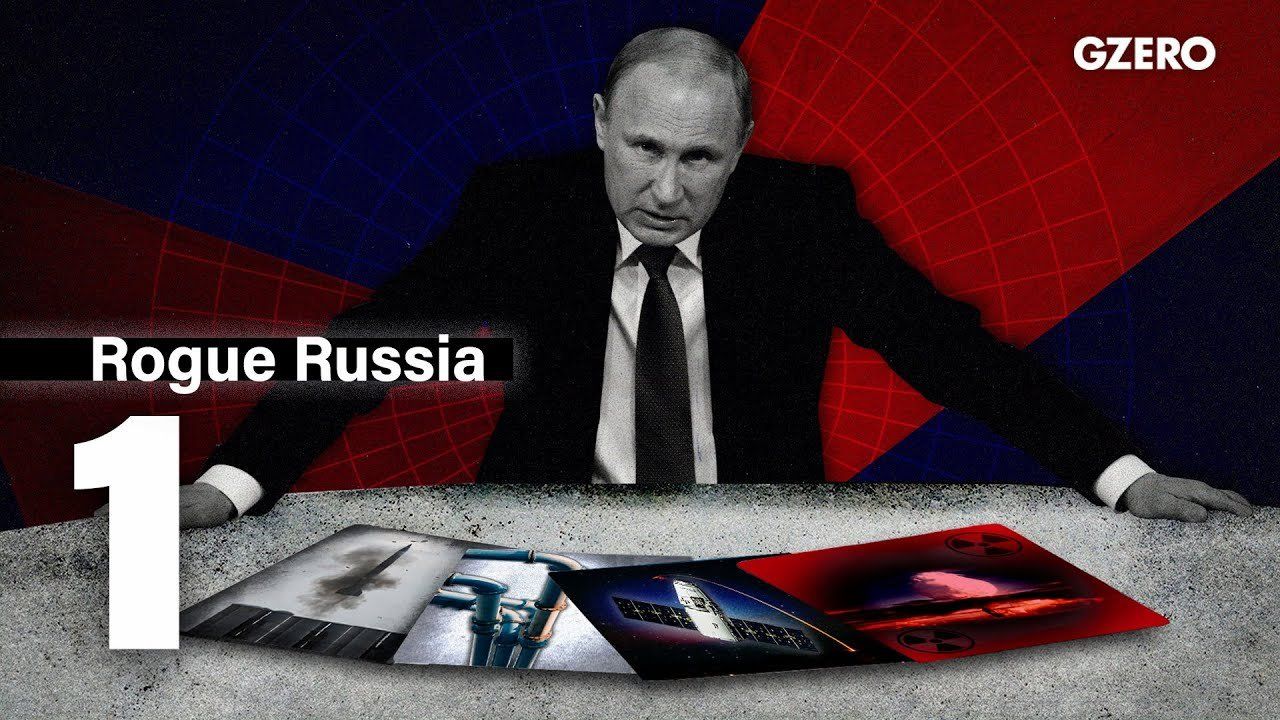Ian Bremmer: Why Rogue Russia was predicted as Eurasia Group's 2023's top risk

Evan Solomon: Risk number one in 2023, rogue Russia. Tell us why, Ian.
Ian Bremmer: Well, look at how unhappy Putin looks in that graphic, first of all, I mean, that drives a risk just by itself. Look, this is the biggest misjudgment made by any leader on the global stage since we've been covering this stuff in the 90s. Unfortunately for Putin, he has no way to claw back anything like his life pre-status quo ante in February 24th. I mean, at least the Cuban missile crisis you talk about there's this incredible chance of Armageddon and then both sides stepped back, and they were able to do business as usual. That can't happen, right? Putin, he's destroyed his military. He's got an economic position, a country which is being forcibly decoupled from the West, that's not coming back. NATO's expanding. Ukraine is now going to be the best trained, best armed, most effective intelligence, best army in Europe facing Russia. All of that is happening while Putin is failing at every one of his war aims.
So, what's going to happen in 2023? Well, first, Putin is going to fail on the ground in Ukraine, and it might be worse than that, Ukraine, for him, Ukraine might be able to retake a lot of the land in counter offensives that the Russians have taken, maybe even threatening to retake Crimea. Russia will increasingly not even be in a position to punish the Ukrainians the way they have in the last couple months because Ukrainian air defenses will get a lot more effective, especially when the Patriot missile system is stood up. So, what can the Russians do unless the country's going to give up? Unless they're going to simply sort of surrender, which I don't expect.
And so, the outcome is likely to be that Putin's going to escalate. An escalation means that the war is increasingly going to hit NATO, asymmetric attacks, cyber, fiber, pipeline, disinformation, espionage. In other words, rogue Russia is going to look to NATO the way rogue Iran has looked to the Middle East. Russia will become the most powerful rogue state that the world has ever experienced.